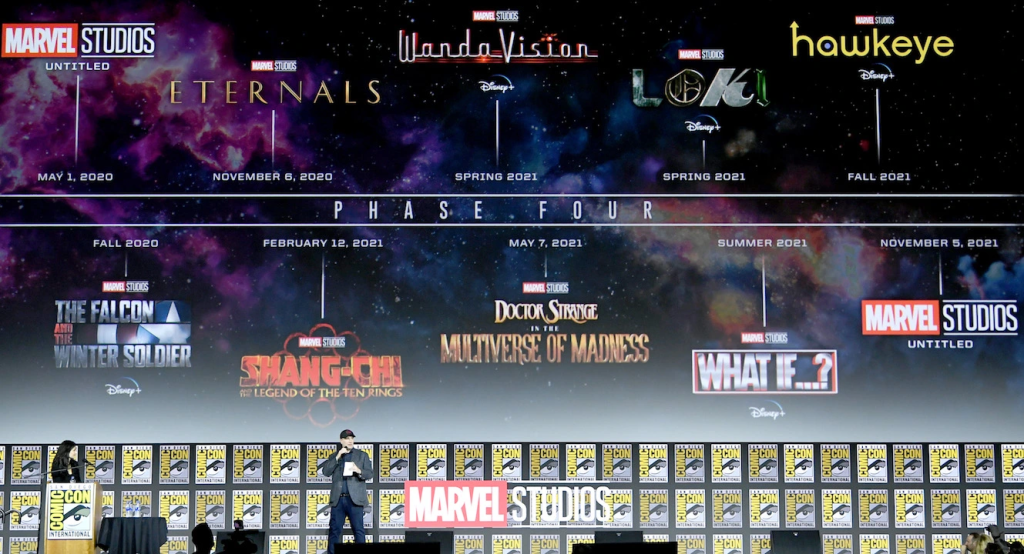
Thor: Love and Thunder is now released in theaters and everyone has an opinion on it. Whether it’s a positive one or negative one, this is definitely another MCU installment that seems to be getting a pretty split reaction from fans. Similar to that of more recent movies in Phase 4 such as Black Widow, Eternals, and Doctor Strange: Multiverse of Madness, there doesn’t seem to much of overwhelming positive reactions compare to other, more high-rated Marvel entries such as Spider-Man: No Way Home for example. Whether people debate about the film’s tone, direction, handling of the story and subject matter, and being slightly more progressive or whatever, there has now been some serious discussions as to whether or not the Marvel Cinematic Universe has finally ran it’s course. While most will argue that fatigue is settling in with the franchise approaching 30 movies and multiple Disney Plus series being released on a monthly matter, others have argued it’s because Marvel doesn’t seem to have an overall “plan” for Phase 4, or at least one that hasn’t been made clear enough.
I find this discourse quite amusing since it was Marvel themselves that created this mindset that every big studio must have a near decade long plan in advance before going forward with their own shared universe. It was the road map that Marvel created for themselves when developing the Infinity Saga that made people believe that you must plan out everything ahead of time or else it will fall apart. And now here we are, three years after the Infinity Saga has been complete and Marvel being accused for not being prepared enough in advance of what’s in store for the future of this franchise.
*in Palpatine’s voice* Ironic!
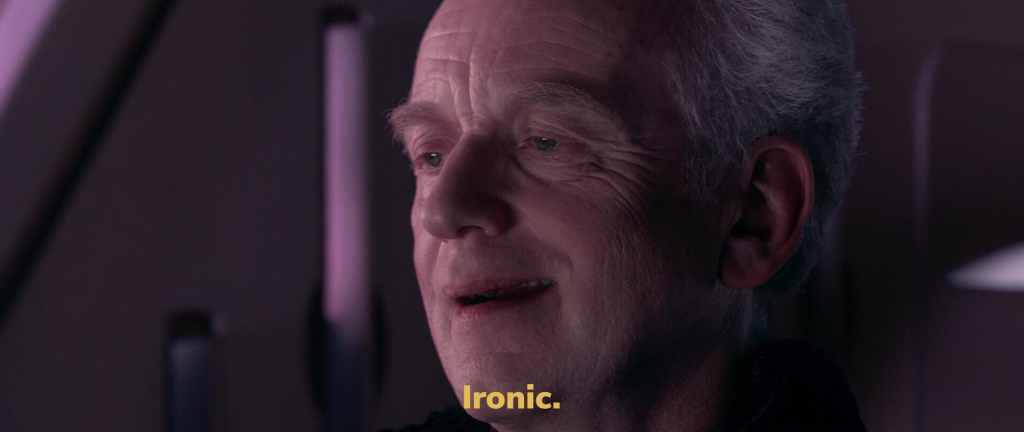
For the past several years, there has been discussions by movie buffs everywhere about whether or not a movie franchise needs to have a big grand plan in order for it to be worthwhile and feel cohesive. Many folks would claim the reason the Star Wars sequel trilogy turned out quite uneven was because there was no overarching plan four to five years in advance or how the Dark Universe and Sony Spider-Man universe collapsed because they had no idea what kind of foundation they were trying to built which lead to poor reviews and underwhelming box office results. While those talking points do have valid points, I think it’s more complicated than just not being planned in advance. As a matter of fact, planning in advance doesn’t have to be a necessity and I will gladly explain why.
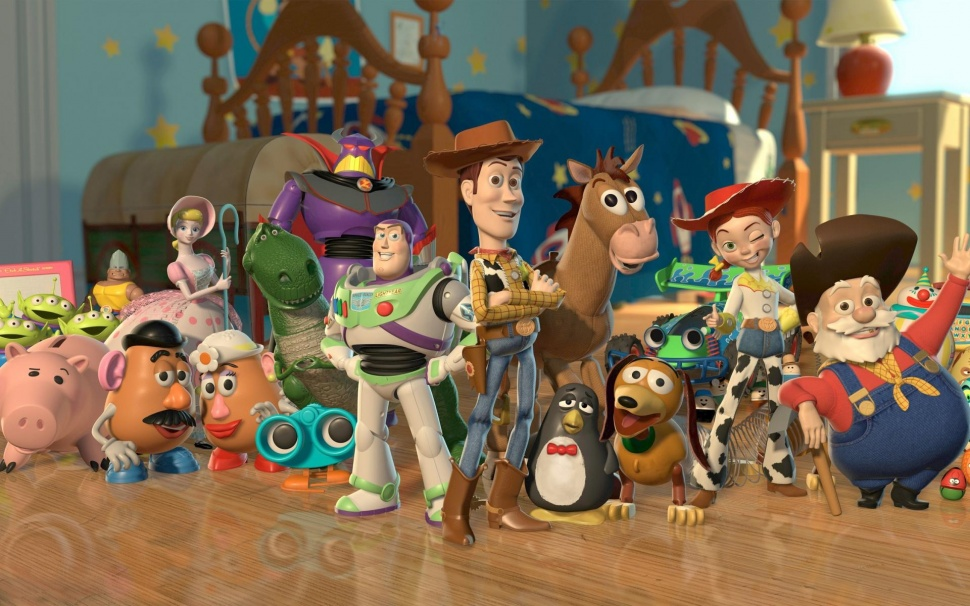
First off, most movie franchises are built on original movies. Franchises tend to be as successful as they are because of how much people liked the very first entry of it. It’s because of that is what leads to a series being made. For example, Toy Story was given three sequels not because it was always planned to be a series but because of how much people adore the first one. You don’t get Toy Story 2, 3, and 4 if the original was no good. How can you expected for a franchise to plan ahead before it is even given a chance to be a franchise? Sure, you can argue that movies like The Godfather, Jurassic Park, and any Marvel or DC property is based off of existing source material that have had multiple additions, but there is still no guarantee that any of those can get more movies if the first one is not successful. You don’t get sequels to any of those without the first movie being a success.
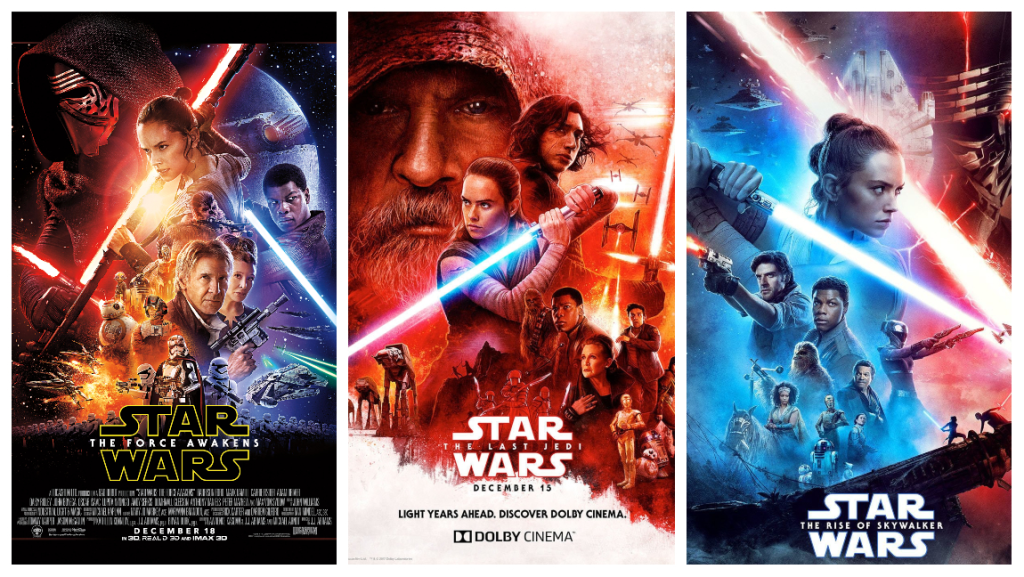
Granted, there are definitely examples that are harder to defend with the no plan/road map mindset. Going back to the sequel trilogy, that was a series of films that the people behind it knew for a fact that they were going to make it a trilogy no matter what. They knew that each film was going to make a billion dollars based on the Star Wars name alone. Having a plan in advance certainly would have helped but I still would argue that was not a requirement. They didn’t need a plan for the trilogy, what they needed to do was make sequels that build upon the previous one and not try to erase it entirely.
Regardless of what one might think, The Last Jedi actually flows just fine with The Force Awakens as a direct sequel. You may not like the choices that were made in that movie but you can’t claim that it “retconned” the previous one just because it contained things you didn’t like. Rise of Skywalker on the other hand, did not flow well at all as sequel to both Last Jedi and even Force Awakens (which is baffling since Abrams himself directed that film). Instead of following through on the previous two movies and wrapping up it’s remaining story elements, Rise of Skywalker felt the need to add new story elements, characters and completely rewrite backstories at the very last minute because of online discourse surrounding the previous two installments. The movie was a complete mess because it felt sloppily put together at the last minute and felt like it was made with the people involved with it having a gun pointed to their heads by a member of The “Fandom” Menace. It didn’t need to be planned years in advance, what it needed to do was be an actual sequel. Something which most franchises out there tend to do without a big plan.
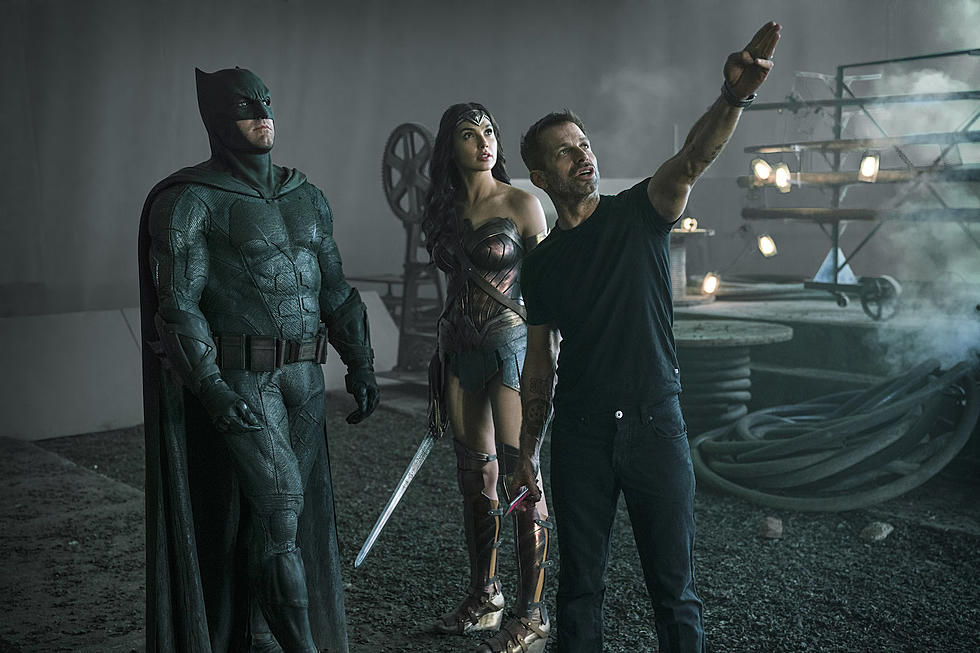
What’s even more interesting about these claims is that those people don’t even bother to think about the franchises that did in fact have a plan in advance and it completely backfired. Just look at what happened with DC after they gave Zack Snyder full creative control to his own shared universe. It was definitely planned in advance but it completely fell apart because they didn’t bother to keep their foundations in check or second guess what the actual public reaction would have been to those films or it’s box office results. Because of the mixed to negative reception to Man of Steel and Batman v Superman: Dawn of Justice, it forced Warner Bros to reconsider Snyder’s direction of DC films just right in the middle of the road map he had for it. Trying to plan ahead is what set DC films back for quite awhile and attempting to course correct by adding in reshoots to include jokes and tacked-on pop songs in movies like Suicide Squad and Justice League certainly didn’t help. Yes, Snyder did eventually get to release the movie that fitted more with his vision but at what cost. DC had a plan with their extended universe with Zack Snyder and it failed spectacularly.
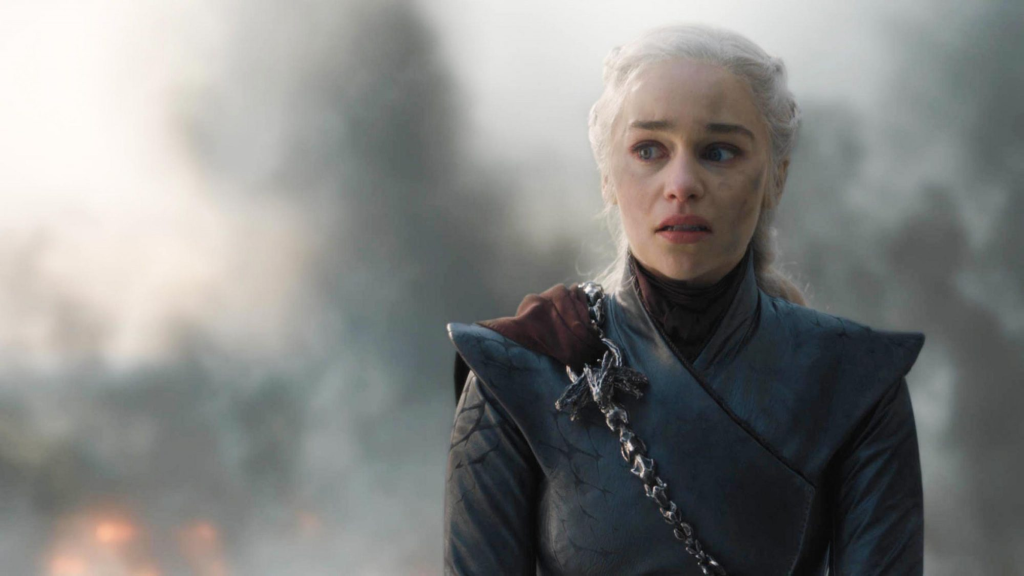
Of course, this is not the only example of this. There are even instances involving television when this has occurred. Do I need to remind you how bad the ending to How I Met Your Mother and Game of Thrones despite it clearly being the intention from the get-go or how Marvel Netflix got muddled because the producers assumed that people would fall high over heels for Iron Fist and the godawful Hand cult? There can in fact be such things as planning too far in advance. It’s not always about preparing for the future when you’re certain where that exact future will leave you.
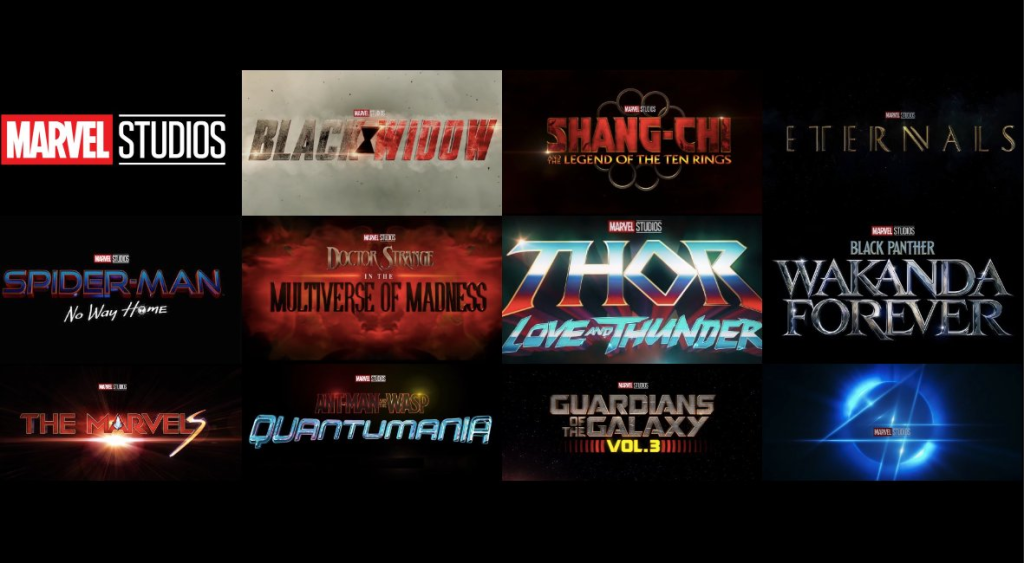
When talking about the Marvel Cinematic Universe, I would argue that it was not as pre-planned as many are willing to believe. Did they have a road map? Absolutely! Did they have everything figured out all the way back in 2008? Absolute not!
All you have to do is what the quadtrilogy of Thor movies. You can’t sit there and tell me that all four of those movies were planned the whole way through. There was clearly course correcting between each one of them. With things like how the Lady Sif and the Warriors kept getting build up but with zero payoff, not much time being spent completely on Asgard, Loki being shoehorned in whenever he can, and character arcs and moments that come out of left field such as Jane Foster becoming Thor all of a sudden , this was clearly a series of films being made up on a flight. Were there certain beats that was intended from the beginning? Sure but that doesn’t mean it was planned out as a whole. And do I even knew to mention that moment with Hela and the Infinity Gauntlet.
Don’t take this article as me thinking I’m completely against a franchise having a plan, road map, or a straight forward goal. What I’m trying to say that this should not be the ONLY source of thinking when it comes to making films within established franchises. You just need to have people involved with it that know exactly what they are doing and what stories they are trying to tell with each movie they make.
A perfect example of this is with the new Planet of the Apes reboot. They weren’t planned out from the very beginning (something which Matt Reeves admitted when he claimed he wanted to make a “filler” installment before the finale) but each entry felt cohesive and flowed beautifully with each other. This was because directors Rupert Wyatt and Matt Reeves were able to build upon the previous installment to help create a trilogy-long arc that felt like it’s own complete story with a beginning, middle and end. We saw the main character of Caesar evolve as a character throughout the course of three films as we see him in his role as ape, father, and leader of his own kind.
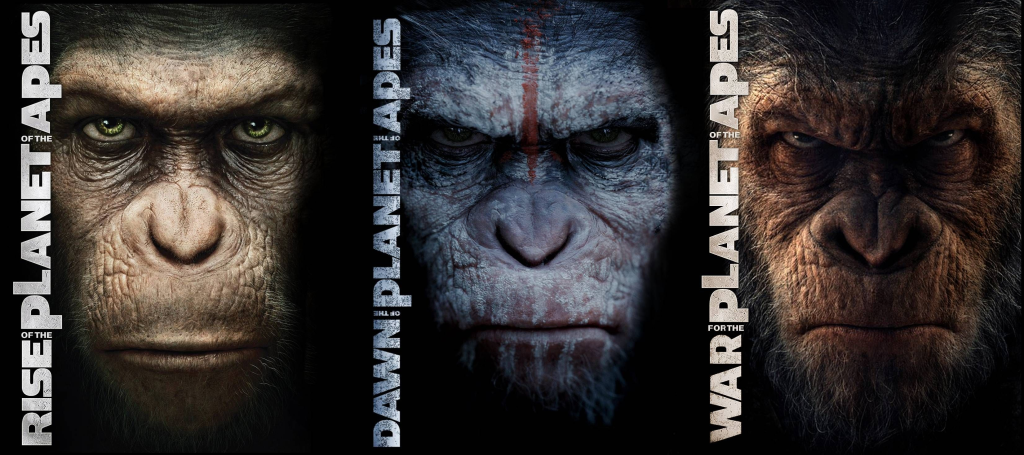
It’s totally fine to not have a full plan in advance. Part of the fun in the creative process of the filmmaking is being able to see how far you can go with the main concepts and ideas that you have for you own standalone project without worrying about what the next one would be like. While there is still room to do that with franchises with strict planned scheduling, an overreliance of that can take away some of the energy and excitement with making certain movies that it can make come across as an obligation rather than a passionate project.
The main point I’m trying to get across here is that there are multiple ways to approach franchise filmmaking. All it comes down to is execution and how well each movie of said franchise presents itself. When it works, it works. When it doesn’t work, then it just doesn’t work. Plan or no plan, it will only come down to whether or not the filmmakers are able to translate that spectacular vision they have of their film properly on the big screen. If they can’t, then planned ahead or not won’t matter. What matters is the way the film present itself.